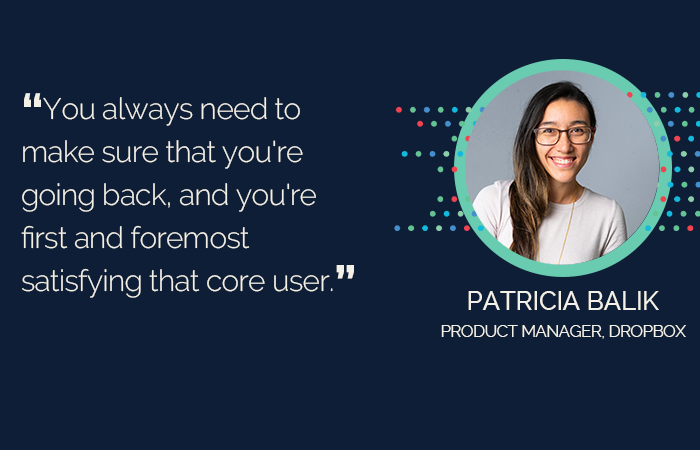According to this hiring trends report, the demand for senior-level PMs increased 51 percent over the last two years (compared to entry-level at ten percent and mid-level at 26 percent) with an overall jump of 32 percent in all PM-related roles. In comparison to the growth of the larger job market, the demand for PM roles in the US surpasses the increase in demand for all other roles combined by 5x.
So, why the growth? The worlds of marketing and product are colliding in new ways as customer experience takes center stage. We’re already seeing companies – specifically enterprises – begin switching up their organizational structure in order to prioritize CX. For some brands, they’re moving the mobile app experience out from product and into marketing. Others are merging the two and encouraging the departments work together to share the mobile experience.
Regardless of the actual logistics, this change usually stems from an organizational shift at the executive level. We’re seeing companies hire Chief Experience Officers and Chief Customer Officers to help lead innovation and strategy around the customer experience. With these new leadership roles comes a lot of organization-wide change.
So that leads us back to the purpose of this post: Redefining the role of mobile product managers. With so much change, it’s important to take a step back and re-align on goals and responsibilities.
What are mobile product management responsibilities?
The last time we wrote about defining mobile product management, it was still a relatively new category. But the role is changing and expanding rapidly. Product managers no longer simply oversee the product backlog or just organize their team’s tasks. Between interfacing with multiple teams, coordinating release schedules, prioritizing customer happiness, driving the mobile product roadmap, messaging product announcements internally and externally, and myriad other activities, the list of “to-do’s” for mobile product managers may seem endless, and the job is ever-changing.
In 2020, PMs play a massive role in product strategy and determining the overall customer experience. Product managers are now being seen as leaders within their organizations rather than independent contributors.
Due to rapidly-evolving technology, customers have high expectations for the products they use. When something is broken, they expect an immediate fix. This means product teams need to be more nimble than ever and possess the ability to make decisions quickly. Given this, they’re being trusted with more and more responsibility to push the brand vision forward and maintain focus throughout quickly-changing priorities.
For many mobile product managers, their biggest goal is to create a realistic product roadmap and hit key milestones on time. But for the most advanced mobile PMs, success goes beyond just checking boxes. Success is understanding how the product fares in the market, and being able to adjust properly, pivot, and quickly make decisions based off of customer feedback.
What qualifications do mobile product managers need?
You don’t need a technical degree to be a strong PM. The product management profession requires varying degrees of technical skill, but it’s not one-size-fits-all and certainly does not require an engineering-based degree. We wanted to know how technical the average product manager is, how PMs define “technical,” and where they go for continued education.
When we conducted a survey of 100 product managers, eight percent of our respondents didn’t consider themselves technical at all (i.e. do not interface with developers in a technical way). Over half of respondents (65 percent) considered themselves mildly technical (i.e. ability to read code, write some HTML/CSS, and troubleshoot computer issues), but are not completely proficient. The technical skills our respondents possess increased from there, with 25 percent of respondents reporting strong technical skills (i.e. ability to write and read code), and two percent identifying as self-proclaimed “technical geniuses” (i.e. likely starting as an engineer and moving into mobile product management).
Being a mobile product manager is no small task. You shoulder a hefty portion of the responsibility for creating a successful mobile application. Remember, success looks different to everyone, but it should be based off of the goals you set in the beginning stages of formulating the product.
At the end of the day, it should always come back to the customer.

Business & Finance Articles on Business 2 Community
(76)
Report Post




